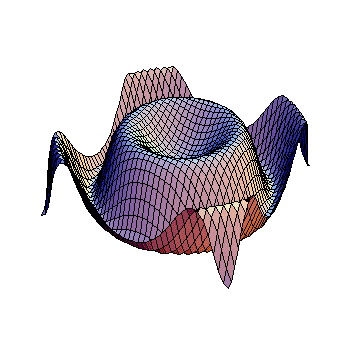Knowing that for every function #h(x)# that can be written as #f(g(x))#, #h^(')(x) = f^(')(g(x))*g^(')(x)#
In this case we have #f(x) = tan(x)# and #g(x) = (pi*x)/2#.
The derivative of #g(x)# is easily computed, since the derivative of a first degree polynomial is the leading coefficient, so:
#g^(')(x) = pi/2#
The derivative of #f(x)# you can either check from a reference table (or remember it) since it shows up reasonably a lot, or use the quotient rule:
#tan(x) = sin(x)/cos(x) rarr tan^(')(x) = (cos^2(x)+sin^2(x))/cos^2(x)#
Using the identity #cos^2(x) + sin^2(x) = 1#, we get that:
#tan^(')(x) = 1/cos^2(x) = sec^2(x)#
So the derivative of #tan((pi*x)/2) = pi/2*sec^2((pi*x)/2)#

